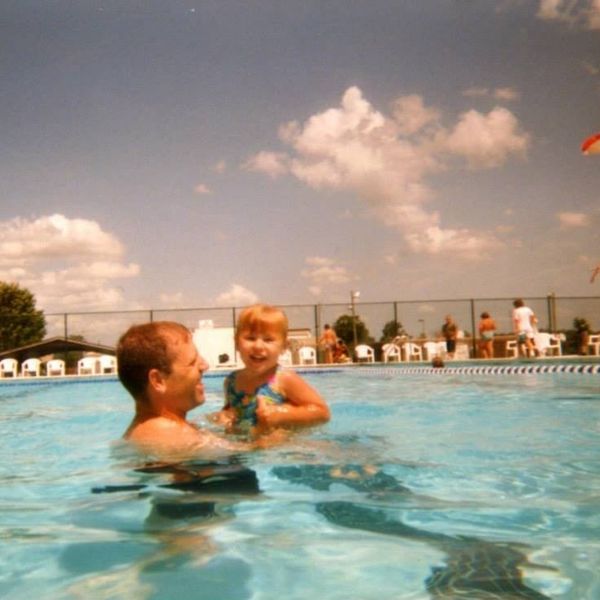There's a huge difference between being disrespectful and acknowledging your own social necessities. Sometimes we need to be blunt and put a limit to others for the sake of our own physical and mental health. Thus, defining boundaries can be a good way to improve the quality our relationships and really build around us a circle of both understanding and calm. However, what I didn't know until recently is that it was actually possible and reasonable for one to set boundaries within her/his own family and relatives, and that doing it was by no means neither rude nor egotistical.
Nevertheless, I must admit I learned this the hard way and not directly with my relatives. It wasn't until a teammate with whom I had a series of heated arguments that I realized I needed to step backward and draw a line between us. We had tried so many times to become friends but our points of view and opinions always clashed, ending up in nothing more than animosity and anger with each other. I consulted two amazing friends what to do and that's when I first heard the concept of boundary: keeping a healthy distance with someone in order to make my own personal limits be respected and honored.
Expressing such limits seemed at first selfish and bigheaded and it was difficult to accept that I needn't befriend someone with whom I didn't feel comfortable. But seeing the infinite range of possibilities that arose once I made conscious my feelings —specifically how it wasn't necessary for teammates to be friends— pushed me to become more aware of myself and my emotions. I knew trying to be friends with someone like him would never work out and could eventually hurt not only both of us, but also the project in which we were participating. Thus, we agreed to have a professional relationship, concerning only to the things related to our project and leaving personal issues aside. Defining a boundary between our professional relation and our personal matters, we halted our utopian efforts to become friends and concentrated in working for the project.
This experience was a big lesson that made me value my own feelings and voice my necessities. However, having grown up a gay boy in a big close-bounded family, I felt incapable of expressing my distress when a close relative made homophobic jokes and comments even knowing about my sexual orientation. It was different to call out an outsider than a family member. Notwithstanding I told him about my discomfort and I asked him not to do such comments when I was around, not only because of the jokes' derivative and belittling nature (a homosexual being less of a man, for instance), but also because he was a close relative and it felt worse than a betrayal to hear someone for whom I care being disrespectful to my identity.
Unfortunately he took it as disrespect. How could I tell an adult what to say or how to behave? He was angry, and despite my trying to explain my reasons, he wouldn't listen. This made me reflect on how society values hierarchical structures more than human emotions. I knew I was doing right and I could set boundaries to my own relatives, but I also knew it wasn't going to be easy, given that we are raised thinking that we sort of owe something to our families just because we were born in them and that we should not "disrespect" them (But what is respect? And how does it look?).
I still struggle sometimes with the homophobe remarks, but I won't give up the task of making people respect my feelings. Not even if they are my own relatives.





















